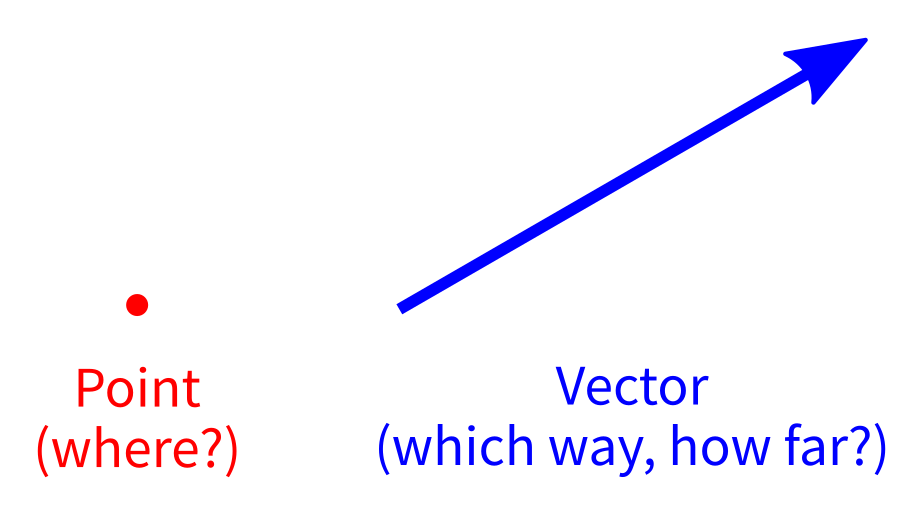Lecture 4
Object-oriented Programming
Operator overloading
MCS 275 Spring 2023
Emily Dumas
Lecture 4: Operator overloading
Reminders and announcements:
- Syllabus update coming soon to account for strike
- Project 1 due date will be postponed, details TBA
Object-Oriented Programming
Today we're starting our unit on object-oriented programming (OOP).
We assume knowledge of: Class definitions, creating instances, accessing attributes, calling methods.
Need to review these? See:
We DO NOT assume knowledge of: Subclasses, inheritance, operator overloading.
Review of some key concepts
- class — A structure that allows data (attributes) and behavior (methods) to be bundled together, e.g.
Point2. - instance or object — A value belonging to a class, e.g.
p = Point2(5,7) - attribute — data stored in an object, e.g.
p.x - method — function that is part of an object (uses and/or modifies its attributes), e.g.
p.radius()
Special methods / overloading
In Python, built-in operations are often silently translated into method calls.
e.g. A+B turns into A.__add__(B)
These special method names begin and end with two underscores (__). They are used to customize the way your classes work with built-in language features.
Using these to add special behavior for operators like +,-,* is called operator overloading.
Operator examples
| Expression | Special method | |
|---|---|---|
A==B | A.__eq__(B) | |
A+B | A.__add__(B) | |
A-B | A.__sub__(B) | |
A*B | A.__mul__(B) | |
A/B | A.__truediv__(B) | |
A**B | A.__pow__(B) |
List of many more in the Python documentation.
More special methods
| Expression | Actually calls | |
|---|---|---|
str(A) | A.__str__() | |
len(A) | A.__len__() | |
abs(A) | A.__abs__() | |
bool(A) | A.__bool__() | |
A[k] | A.__getitem__(k) | |
A[k]=v | A.__setitem__(k,v) |
Live coding
Let's work on
Point2— point in the plane (a location in 2D)Vector2— vector in the plane (e.g. the displacement between two points)
Difference of two Point2s is a Vector2.
Can multiply a Vector2 by a float or add it to a Point2.
Point2 plus Vector2 is a Point2.


Language features used
isinstance(obj,classname)-- returns bool indicating whetherobjis an instance of the named class (or subclass thereof)NotImplemented-- Special value that operators should return if the operation is not supported
__add__ & __radd__
In evaluating A+B, Python first tries
A.__add__(B)NotImplemented), it will try
B.__radd__(A)There are reflected versions of all the binary operations (e.g. __rmul__).
Overloading danger
Overloading is best used when a function or operator has a clear, natural meaning for a class.
If used too much or in unintuitive ways, it makes programs harder to understand.
Singletons
When a class is designed so that it only ever has one instance, the class (or the only instance of it) is called a singleton.
We've seen two of these so far:
None, the only instance ofNoneTypeNotImplemented, the only instance ofNotImplementedType
References
- I discussed overloading in MCS 260 Fall 2021 Lecture 26.
- See Lutz, Chapter 30 for more information about overloading.
- Lutz, Chapters 26-32 discuss object-oriented programming.
Revision history
- 2022-01-19 Previous course source material
- 2023-01-23 Update for spring 2023